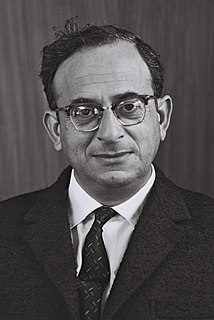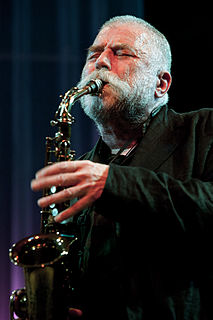A Quote by Winona LaDuke
Another thing is, people lose perspective. It is a cultural trait in America to think in terms of very short time periods. My advice is: learn history. Take responsibility for history. Recognise that sometimes things take a long time to change. If you look at your history in this country, you find that for most rights, people had to struggle. People in this era forget that and quite often think they are entitled, and are weary of struggling over any period of time
Quote Topics
Advice
America
Another
Any
Change
Country
Cultural
Entitled
Era
Find
Forget
Had
History
Learn
Long
Long Time
Look
Lose
Most
Often
Over
People
Period
Periods
Perspective
Quite
Recognise
Responsibility
Rights
Short
Short Time
Sometimes
Struggle
Struggling
Take
Terms
Thing
Things
Think
Time
Time Period
Time Periods
Trait
Very
Weary
Your
Related Quotes
If the angel Gabriel came to me and said, 'Look, I'm willing to take your soul now and give it back to you at any period of time in the history of the nation of Israel, from the very beginning to this very day' - I think I would not think of any other time except for when Moses brought down the Ten Commandments from Mount Sinai.
History is not everything, but it is a starting point. History is a clock that people use to tell there political and cultural time of day. It is also a compass that people use to find themselves on the map of human geography. History tells a people where they have been and what they have been, where they are and what they are. Most important, history tells a people where they still must go, what they still must be. The relationship of history to the people is the same as the relationship of a mother to her child.
We live in a very special time right now. At no other time in history has there been such mass disillusionment in terms of reliance on governing functions. Most people don’t want to come to terms with that. It’s been proven over and over again that the emperor isn’t wearing any clothes, but most people don’t like to look at naked emperors. In the process of turning around to avert their eyes, they saw the discotheques and a few other things and latched onto them.
There's a lot we should be able to learn from history. And yet history proves that we never do. In fact, the main lesson of history is that we never learn the lessons of history. This makes us look so stupid that few people care to read it. They'd rather not be reminded. Any good history book is mainly just a long list of mistakes, complete with names and dates. It's very embarrassing.
And if you look around, if you listen to some music nowdays, I'm not so optimistic...I have the feeling that some of the young people I've met they think already, before they start playing, they think already about the product: how can we sell it....maybe my view is really very old fashioned nowadays, but I think art at any times needs time for development and this fast food bullshit is not working... younger guys: take your time, music is really a thing of long terms, actually it's a lifelong thing to learn and to develop your own stuff.
I think certain periods of history don't get dealt with because I think historians, and it's their job, but they look back and look for patterns. They look for sequences and they look for reasons, and certain periods of history don't fit with the general pattern of 1500 to the 20th century, during which there's the creation of the United States. At this time of 1814, two nations who would eventually become close allies were at war with each other, so it doesn't quite fit.
I think people are more in contact now with the consequences of war than they've been for a very long time. And that's what amazes me when sometimes politicians seem to forget their history. They don't look and re-learn about what has happened before. Maybe they haven't got the memory, maybe they're already too young, but you can see how we become puffed up, and how we as a nation rise so quickly if we're not careful.
I'd like to say that people... people can change anything they want to; and that means everything in the world. Show me any country and there'll be people in it. And it's the people that make the country. People have got to stop pretending they're not on the world... It's time to take that humanity back into the center of the ring and follow that for a time... Think on that. Without people you're nothing.
I always thought that art that is produced somehow has to reflect the zeitgeist or the ambiance and the time and the history in which it is produced. I think it's inescapable. It's like we look back now, at work done savoring the thirties, and you can almost tell it was done during that period of time. Now maybe, that's a style of period or something, I don't know. I think my work, or the things that interest me, come out of my reaction to history.
I think fashion is probably one of the most accessible and immediate forms of visual culture. In 1978, when I realized that I wanted to work on fashion, I had gone to Yale to get my Ph.D. in European cultural history. I suddenly realized fashion's part of culture, and I can do fashion history. All my professors thought this was a really bad idea, that fashion was frivolous and unimportant. And, increasingly over time, people have recognized that it provides such a mirror to the way we think, our values and attitudes.






































